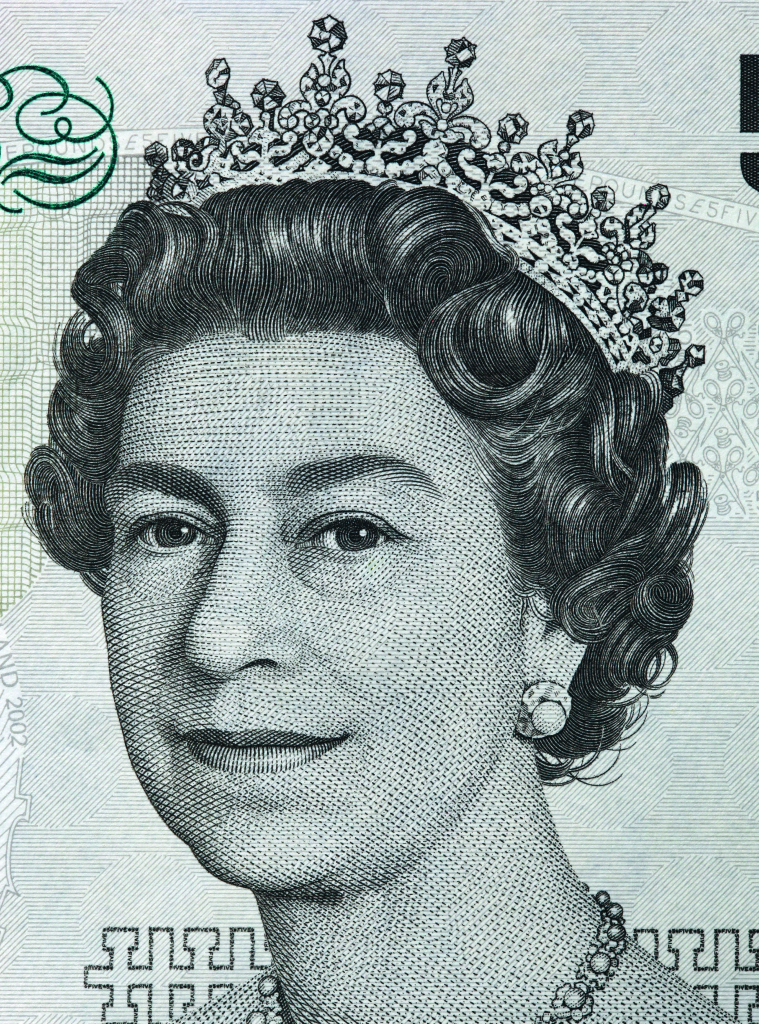Brexit: The lowdown and the opportunities
On 23 June 2016, British citizens voted with a 52% majority on a referendum for the UK to leave the European Union (EU) in what is now popularly known as Brexit.1 The vote put an end to 43 years of UK membership in the EU – an economic and political partnership involving 28 European countries that began after World War Two which has since grown to become a “single market” allowing goods and people to move around as if the member states were one country.1
As most economists predicted, the decision to leave the EU has impacted the British economy and financial markets as well as the EU and wider global markets.2 According to Richard Colwell, Head of UK Equities, Columbia Threadneedle Investments, in the short term, the leave vote will be negative for both the Pound and the UK economy. “The longer term consequences are much less clear. However, given the FTSE 100 is comprised of around 70% overseas earnings, the implications of the UK equity market may not be as great as some people fear,” says Colwell.3
According to HSBC Global Asset Management’s Global Investment Event report published 24 June 2016, UK’s decision to leave will see a significant period of uncertainty as the UK moves into a transition period of negotiations of existing agreements.4 The report states that UK economic data is likely to weaken further in the coming quarters as the economy adjusts during this transition period with investment suffering the most.4 HSBC Global Asset Management expects this uncertainty to likely last into the medium term.4

Brexit Effects So Far
FTSE 100
While the FTSE 100 experienced a brief post-referendum decline, it has since shrugged it off and is at levels not seen since August 20152 (6,718.49 on 7 August 2015 vs. 6,916.02 on 12 August 2016). However, many companies on the index generate their revenue globally so the fall in the British Pound will boost their earnings power. If you price the recovery in US Dollars, it is less impressive.2
With the FTSE 250 consisting of a greater proportion of companies deriving more of their income domestically, the index has not recovered as strongly as the FTSE 100 from losses immediately after the referendum.2 However, it is still at a comparable value to much of 20152 having hit a high of 17,921 on 12 August 2016 compared to the 2015 peak of 18,192 on 22 May 2015.
Value of the Pound
Unsurprisingly, the Pound has taken a beating since the referendum results were announced. As at 22 July 2016, the Pound was trading at $1.30 to the US Dollar, down 13% from pre-referendum levels.2 The Pound has not been at levels this low against the US Dollar since the mid-1980s.2 The Pound has also lost ground against the Euro. As at 22 July 2016 it was trading at 1.19 Euros versus 1.30 Euros on 23 June.2 The Pound also similarly lost ground against the Ringgit after the leave vote with the Pound trading at RM5.34 to the Ringgit on 22 July 2016 compared to RM5.97 on 23 June 2016 just before the leave vote.5
UK Economy
The Markit PMI report from July suggests that the UK economy is shrinking at a quarterly rate of 0.4%, showing the economy contracting at its fastest rate since 2009.2 Services and manufacturing sectors both suffered big hits with output and new orders falling in July 2016.2
EU Economy
Global investment firm, BlackRock, Inc. sees a weaker Euro over time and pressure on European shares, credit and peripheral bonds such as the Italian government’s debt due to likely European job losses and lower growth.7 However, there should be limited pressure on government bonds with high quality government bonds in demand in a low rate world.7
The Malaysian Affect
Malaysia has also felt the impact of Brexit. The Ringgit fell immediately against the US Dollar after the referendum at a pace last seen in the Asian financial crisis of 1997/98 as a result of investors dumping riskier assets in emerging markets for safe haven assets such as US treasuries, Japanese government bonds, German bunds and gold.6 According to Malaysian Rating Corp Bhd chief economist Nor Zahidi Alias, Brexit will cause a knee jerk reaction to the financial markets with currencies being the most vulnerable.6 “The volatility in equities and bonds cannot be underestimated in the short term but will eventually subside when a clearer picture emerges.”6 Zahidi says the impact on Asian economies will be minimal based on trade volumes.6 “Asia exports less than 1% to Britain, while Malaysia’s exports and imports to Britain are roughly 1% of total trade.”6
For now, the Pound has weakened against the Ringgit but the cross-rate will be up for a lot of volatile trading.6 Analysts pointed out before the referendum that the Ringgit and Rupiah were the most vulnerable ASEAN currencies to swings associated to the uncertainties surrounding the aftermath of Brexit.6

Opportunities Post-Brexit
Amidst volatility, comes opportunities. “What is happening today is a de-rating, with regards to immediate earnings impact on companies it’s very hard to tell,” says Nicholette MacDonald-Brown, Fund Manager, European Equities and Co-Head of Pan European Equity Research at Schroders referring to the impact of Brexit on the FTSE 100 and FTSE 250.8 “This is not a moment to panic. These tend to be opportunities in the long term.”8 Schroders’ Head of Multi-Manager Marcus Brookes thinks there are some things they can pick up a bit cheaper.8 On the outlook for the rest of 2016, the Schroders team still hold the view that bonds are expensive and offer little value while equities are becoming more attractive given the sell-off as a result of Brexit.8
HSBC Global Asset Management says that the greater weakness in the Pound may ultimately support UK equities in the medium term considering their relatively high dependence on foreign earnings.4 KL -based Cornerstone International Properties director Virata Thaivasigamony opines that as a result of Brexit, there will be a period of uncertainty and the Pound will take a beating.9 “The UK will be literally ‘on sale’. This is advantageous to investors, particularly those investing in UK’s student property because UK education will remain strong regardless of Brexit. Malaysians and other foreigners including those from the EU will not stop sending their children to study in the UK – people still want a degree 9 from a UK university,” says Virata9.
So how do you take advantage of the post-Brexit volatility? Schroders advises investors to take advantage of emotional swings of the market that are not justified by the swings in the true value of companies – to be buying when others are scared, and to be selling when others are greedy.10 “If financials fall more than is justified, thereby becoming significantly cheaper, and as a consequence significantly less risky, we are likely to be adding to our positions. If they don’t fall significantly, we won’t be.”10 “If the more stable stocks that we own in the portfolio rally significantly due to fear over the coming months, we are likely to be reducing positions. If they don’t rally significantly, we won’t be.”10
While the coming months may be difficult and volatile, Schroders believes that there are advantages to the volatility and the emotional reactions of the market can be exploited by remaining valuation dependent and going wherever the value is in the market.10 With the value of the Ringgit up around 12% against the Pound post-Brexit (RM5.97 on 23 June 2016 vs. 5.25 on 20 August 2016) 5, you may 15 consider to take advantage on a variety of HSBC products to cater to your various Pound holding needs. For example, Dual Currency Investment in MYR-GBP could potentially assist you to capitalise on your FX direction and enhance yields. Other Pound-related products like investment grade bonds could provide an alternative for customers who want to earn slightly higher interest compared to xed deposits. For those who are more investment savvy, structured products with different payoff mechanisms could potentially be used to monetise investment positions.
To learn more about how you can take advantage of the post-Brexit volatity, speak to your Relationship Manager today or walk into any HSBC branch.


 LIKE THIS ARTICLE?
LIKE THIS ARTICLE?





















